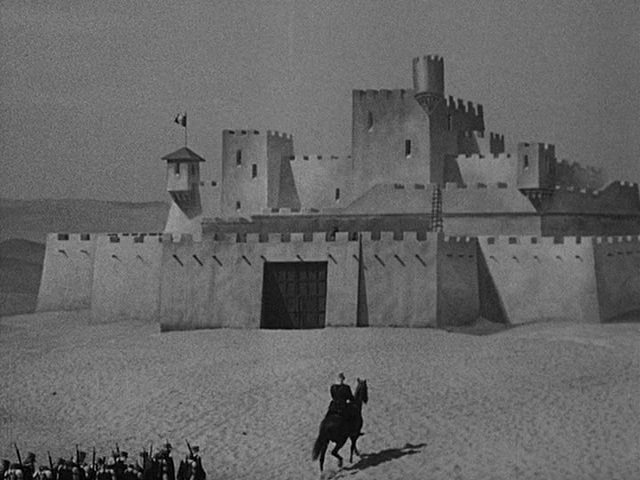Just over a year ago, I was given the mandate to work with the Minister of Global Affairs to re-engage Canada in peace operations. Supporting and building peace has long been a tradition of our great country. Canadian values include our desire and our ability to bring people together, to find common ground, and to build relationships based on trust and friendship. We have also always believed in doing the right thing; in standing up for our friends and helping them back up when they fall.
At this year’s Halifax International Security Forum, I look forward to meeting with allies and partners to discuss how we can work together to make our world a more peaceful place for everyone. Together, we can make a difference, and our allies and partners appreciate Canada’s help.
Our world has changed dramatically. The security environment is more complex. Terrorism knows no borders. Violent extremists don’t belong to one group, nationality, or region. As a result of all this, traditional solutions are no longer the only solutions. We need to adapt, we need to be agile, and we need to act.
We know that ignoring the problem won’t solve it. We have already experienced terrorism on our territory with the tragic fatal shooting of Cpl. Nathan Cirillo at the National War Memorial in Ottawa, and the attack on two CAF members in Saint-Jean-sur-Richelieu, Que., which resulted in the loss of Warrant Officer Patrice Vincent, just over two years ago.
Earlier this year, we committed to deploy up to 600 Canadian Armed Forces personnel and up to 150 police officers on potential UN peace operations. This pledge was based not only on direction to me from the prime minister, on our Canadian values, and on our longstanding reputation as peace builders, but also based on the discussions we had and the ideas we heard from our allies, from defence experts, and from Canadians from coast-to-coast-to-coast throughout our defence policy review.
I know that the journey won’t be easy and I know it will be full of risks and challenges. But that is exactly why Canada is taking action — and why we’re asking our women and men to continue the long-held tradition of peace building.
We also know that we can’t go into a future peace support operation blindly. That is why our government has been gathering the facts and the ground truth in Africa. I have personally undertaken two visits across the continent while my colleagues, International Development Minister Marie-Claude Bibeau and Global Affairs Minister Stéphane Dion, have also visited a number of countries across the region.
These visits have helped me see and understand the situation for myself. To seek the innovative solutions we need, I had to speak directly with the people on the ground who are living and breathing the conflict day in and day out. Before sending our women and men anywhere, I needed to get the full picture.
The information we gathered from meetings with African government officials, respected academics, representatives from the African Union, the United Nations, and other non-government organizations is helping inform the government of Canada’s decision on how to best contribute to future UN peace support operations.
We know that the old approach and old solutions won’t work anymore. Our government believes military responses are not always the right solution, nor are they the only solution. To build sustainable peace, we must take a comprehensive approach that includes military, political, humanitarian, and development efforts.
That is why Canada is taking a whole-of-government approach to all future peace operations. We need to treat the root causes of conflict—not only within a country, but within the region. We need to look at how conflicts affect women, youth, and children. And we also need to understand the diplomatic, defence, and security challenges that could impact conflict prevention and the chance of sustainable peace.
As a former soldier and police officer, I understand the commitment we are asking of our women and men and of their families. But I am also confident that they have what it takes to rise to the upcoming challenges they will face. The decision to commit our CAF members to a future peace operation deployment was not taken lightly. There is always inherent risk in these situations. But we will do everything we can to ensure their security and safety.
The Canadian Armed Forces has always protected Canada and its interests, whether at home or abroad. Canada has contributed to numerous multinational operations and we’ve always stood by our allies and partners, because that’s what a good global citizen does.
I am proud of the contributions of our women and men and of their commitment to acting as a force for good in this world.
In re-engaging in peace support operations, Canada is living up to its values. The presence of so many defence leaders in Halifax this weekend is a clear indicator that we understand the need to work together to prevent conflicts and to build sustainable peace.
The time has come for Canada to lead and to stand together with our allies and partners to secure a better future for Canadians, and for the world.






